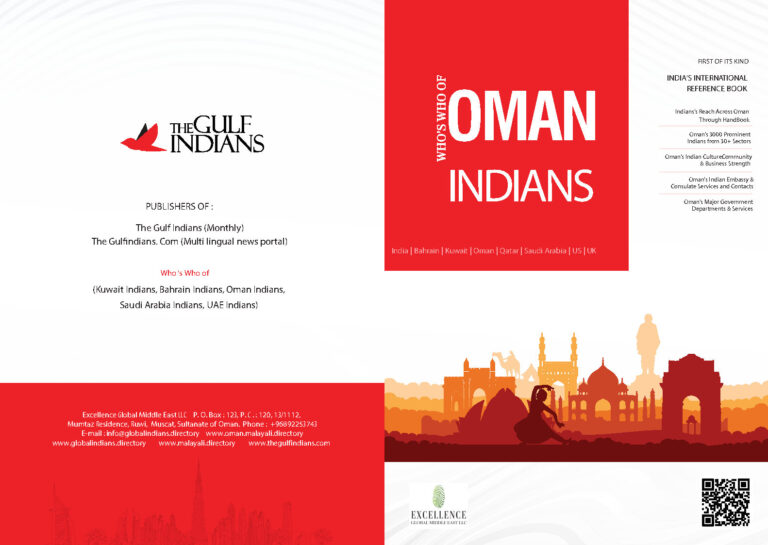Our Corespondent
The Council of Ministers of the Kingdom of Saudi Arabia has passed a new law that protects the rights of domestic workers as well as their employers.
The law allows them nine-hour free time daily, a weekly day off, one-month paid vacation after every two years and medical leave. The employer should pay the salary at the end of every month without delay, provide suitable accommodation and end-of-service benefits after four years.
In return, the worker should obey the employer and his family members, protect their property, should not harm children or elderly members, and preserve family secrets.
“The law aims at regulating relationship between domestic help and their employers while explaining their rights and duties and punishment for violators of contract terms,” said Labour Minister Adel Fakeih.
The employer will have the right to put the worker on probation for not more than three months. “This will help the employer understand whether the worker can do the job and how he/she behaves,” Fakeih said. The worker should respect the teachings of Islam and the Kingdom’s rules and regulations and carry out his duties perfectly, the law says.
“The worker will not have the right to reject a work or leave the job without any genuine reason,” the law notes. Errant workers will be fined SR2,000 and prevented from working in Saudi Arabia. They will have to pay for journey back home.
If the employer violates the contract, he will be fined Saudi Riyal 2,000 and banned from recruitment for a year. For second-time violators, the fine will increase to SR5,000. They will also be banned from recruiting for three years. Third-time violators will face a life-time recruitment ban and a fine of SR10,000.
‘Maid’ and ‘servant’ terms derogatory
The Kingdom has found the term “maid” derogatory under new regulations aimed to uphold the rights of foreign workers in advertisements for new jobs and in the recruitment process.
The Saudi Ministry of Commerce said job adverts should not include terms such as “servant” or “maid”, and instead advertise for “workers”. The Arabic word for servant is khadama.
The new directives stipulate that workers will not bear any financial costs “under any circumstances” for exchanges of work permits or similar paperwork changes.
Such alterations can be made only with the workers’ consent and employers cannot refer to such payments in job advertisements.
Advertisements cannot publish personal photos, identity card copies, residency permit or any other personal data.
The kingdom is home to 10 million foreign workers, including 3.7 million domestic workers, and has taken measures in recent years to boost employment protection and prevent abuse.
Saudis and expatriates living in the kingdom praised the changes.
Since March 14, expatriates no longer need their employers’ permission to change jobs, travel or leave Saudi Arabia, as part of the National Transformation Programme under Vision 2030.













